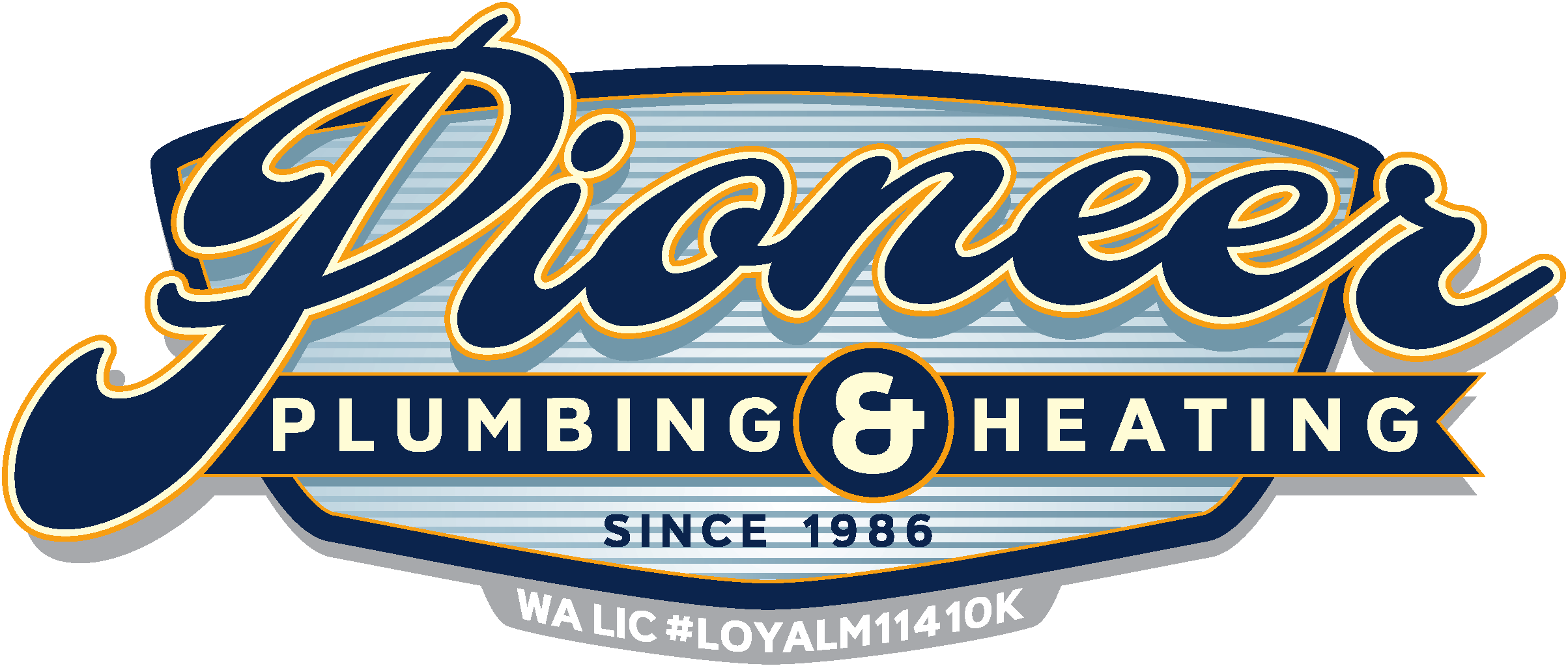What’s causing these common plumbing problems?
Whether you’re living in huge house with your wife and four kids or it's just you in a little studio apartment, leaks, drips, and finicky drains can frustrate any renter or homeowner. It's important to know how to fix these problems. Its also important to know how what causes them. While some problems are inevitable with old pipes and aging heating systems, knowing what causes plumbing problems can stop them before they happen.
When your shower is just a trickle
What causes low water pressure?
Low water pressure is caused by a number of variables. Debris building up in pipes overtime can lead to buildups, making water flow slower resulting in low water pressure. Leaks throughout your plumbing system can also be the culprit: if water is leaking out of your pipes before it reaches your faucet this could also be a reason for lower water pressure. Low water pressure in your shower could be a result of your shower head: if your shower head is old or dirty replacing it may lead to improved water pressure.
When your water bill is growing exponentially
Why is my toilet running?
When your toilet is running, the toilet flapper is often the culprit. When toilet flappers start to degrade they become brittle and cannot make a complete seal, causing them to run. Not having enough water in the tank will also cause your toilet to run. This often happens when the valve packing nut has become loose.
When you take the first shower of the day and it's still cold:
What’s wrong with my hot water heater?
If there’s not hot water at all the problem is often the circuit breaker or the thermostat. Flip the circuit breaker and check to see if the thermostat is working properly. Loose wires could also be the culprit in this situation. If your problem is not having enough hot water, try flushing your water heater. This can remove build up interfering with your heat. Taking shorter showers and splitting household showers between morning and nights can also help!
When you’re using too much Drano:
Why is my drain clogged?
In the shower, long hair and dirt can bind with soap causing debris in your drain. These things build up in your tub and shower drains over time, causing them to clog. Implementing a drain cover can greatly reduce this as that will catch debris before it goes down your drain. In terms of kitchen sink clogs, they are usually caused by grease, coffee grounds, and thicker food particles your drain cannot handle. Keeping these products out of your drain by pouring grease into a can and then throwing it into the trash and composting or throwing away coffee grounds are easy ways to reduce drain clogs.
When dripping water keeps you up all night:
Why is my faucet dripping?
A corroded O-ring, the small rubber ring around the base of your faucet, could be making your faucet leak. If this ring starts to wear away or loosen it can causes leaks. Your sink’s washer could also be causing a leak. If your washer is getting old and worn out, or if it was improperly installed in the first place that could the source of your leak. If your sink’s basic anatomy isn’t causing the leak a break or crack in your inner pipes may be causing the problem.
Knowing the root of your problem is the key to fixing it, and to keeping it from happening again.
How to easily prevent plumbing nightmares
Plumbing emergencies never happen when it's most convenient for a homeowner to deal with them. There's usually never a warning, either - just gushing water and a pair of wet shoes. Once you've gotten one major disaster under your belt, you'll vow to never let it happen again. Here are a few ways to fulfill that promise to yourself and reduce the chances of ever having a plumbing emergency again.
Regularly Re-Caulk Everything
While caulk won't prevent leaks on its own (they generally emanate from the interior of the toilet or sink), you can prevent water from your shower or bathtub from getting under your toilet and fixtures and rotting your flooring. Don't forget the grout in your tile, either - regularly re-grouting your tile, using ceramic tile to control moisture, and doing a little grout rehab will prevent moisture from infiltrating your flooring and walls and rotting everything away.
Maintain Your Toilet
If you're unsure whether or not your toilet is leaking, it might be worthwhile to check the condition of the tank. The most common toilet issue involves the flapper, or the rubber covering that lifts and releases water into the bowl. It often becomes warped after long periods of use and must be replaced, but it's an easy fix. Check to see if there's a snag in your toilet's functionality by dropping a few drops of food coloring into the tank and leave it unused overnight. If there's color in the bowl the next morning, it's time to replace the flapper.
Check the Pressure
Both low and high water pressure can do damage to your system, but many homeowners don't even know which end of the spectrum they're on. Checking the condition of your water pressure regulator and replacing it if needed can help maintain the flow of water, but investing in a $10-$20 gauge will help you see if things are fluctuating in your pipes. Either way, your water pressure should flow consistently between 55-75 psi.
Call a Plumber
There's only one surefire way of ensuring the health of your plumbing: calling a licensed plumber for a check-up. Only someone that gets their hands dirty on a daily basis can know the intricacies of your plumbing system and point out ways to make improvements that could save you big down the road.
For advice on any and all plumbing scenarios or to schedule a routine plumbing check-up with a professional plumber, contact Pioneer Plumbing and Heating today!






